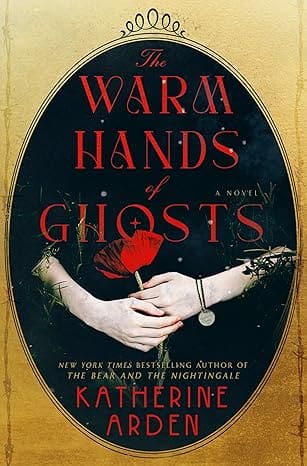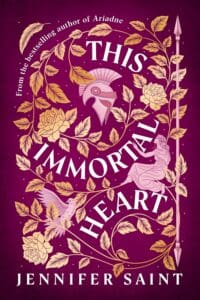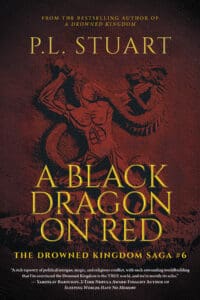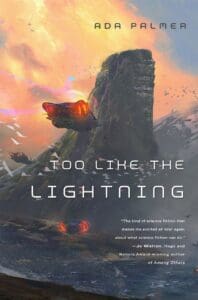
Synopsis:
January 1918. Laura Iven was a revered field nurse until she was wounded and discharged from the medical corps, leaving behind a brother still fighting in Flanders. Now home in Halifax, Canada, Laura receives word of Freddie’s death in combat, along with his personal effects—but something doesn’t make sense. Determined to uncover the truth, Laura returns to Belgium as a volunteer at a private hospital, where she soon hears whispers about haunted trenches and a strange hotelier whose wine gives soldiers the gift of oblivion. Could Freddie have escaped the battlefield, only to fall prey to something—or someone—else?
November 1917. Freddie Iven awakens after an explosion to find himself trapped in an overturned pillbox with a wounded enemy soldier, a German by the name of Hans Winter. Against all odds, the two form an alliance and succeed in clawing their way out. Unable to bear the thought of returning to the killing fields, especially on opposite sides, they take refuge with a mysterious man who seems to have the power to make the hellscape of the trenches disappear.
As shells rain down on Flanders and ghosts move among those yet living, Laura’s and Freddie’s deepest traumas are reawakened. Now they must decide whether their world is worth salvaging—or better left behind entirely.
Review:
This book was intense, beautiful, horrible, painful… I’m not sure there are enough words to describe all the feelings it evoked.
With the last year of World War I as a backdrop, the author didn’t shy away from the realities of that conflict, both from Freddie’s perspective in the trenches and Laura’s as field nurse. Injuries and actions were described in detail, as were the emotions and psychological traumas of the characters involved. While I can see why some readers might not want to read this book due to the sometimes graphic descriptions, I absolutely loved the story and thought it was really well done.
The “something or someone else” mentioned in the synopsis was a really interesting addition to the story. Given the events of 1917 and 1918, I thought it was fitting to include that element as an additional layer of subtle horror on top of the war. I also liked the author’s portrayal of it, as it wasn’t the stereotypical version so often seen elsewhere. (I’m leaving this part intentionally vague to avoid spoilers; just trust me here.)
This was one of the most emotionally impactful books I’ve read in some time, and it might be one of my favorite reads of the year. So if you find my somewhat vague review intriguing, I encourage you to go check out The Warm Hands of Ghosts.












Leave a Reply